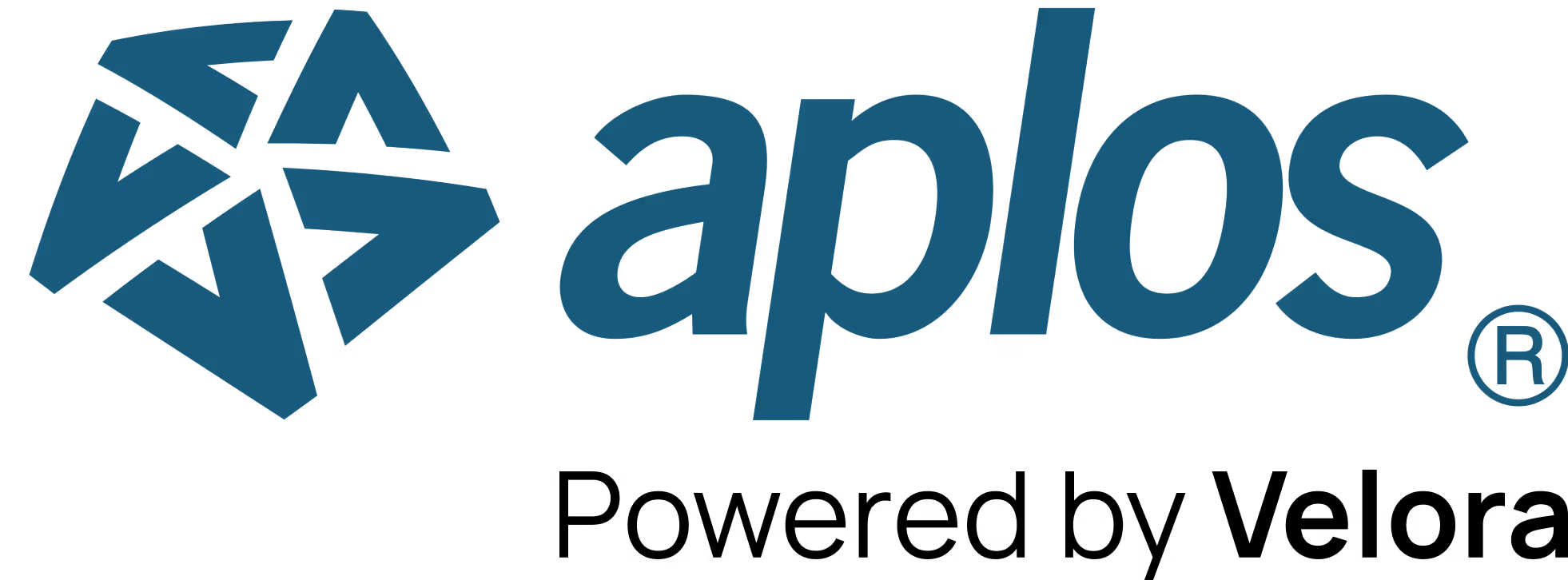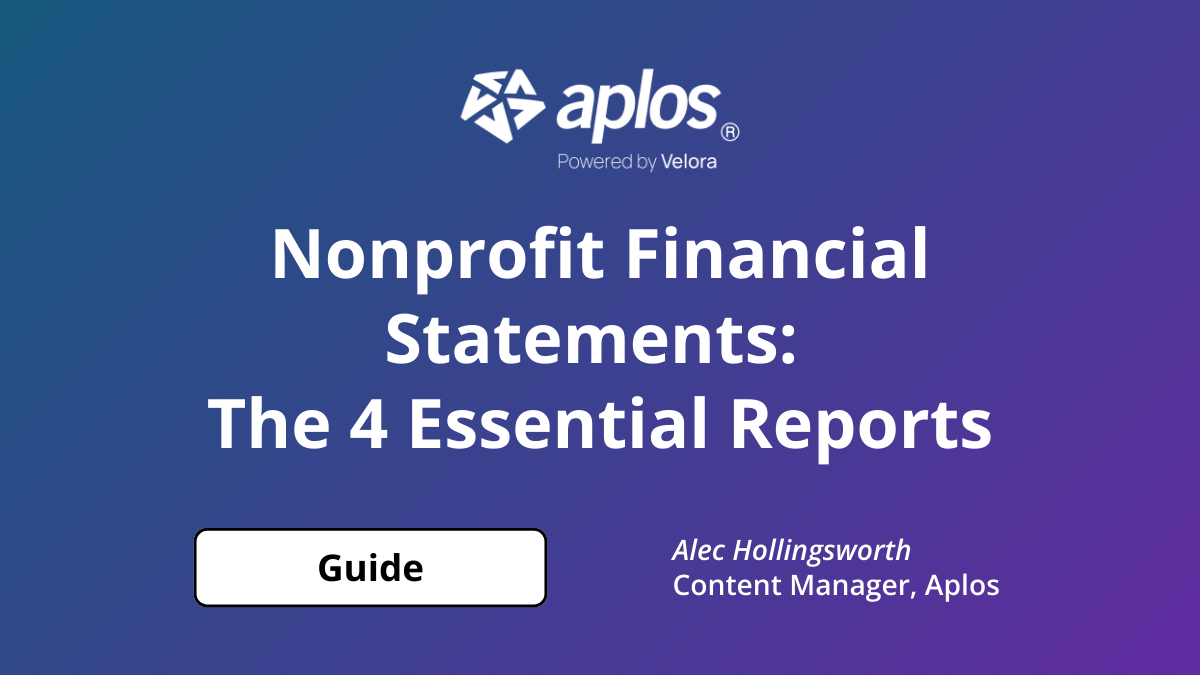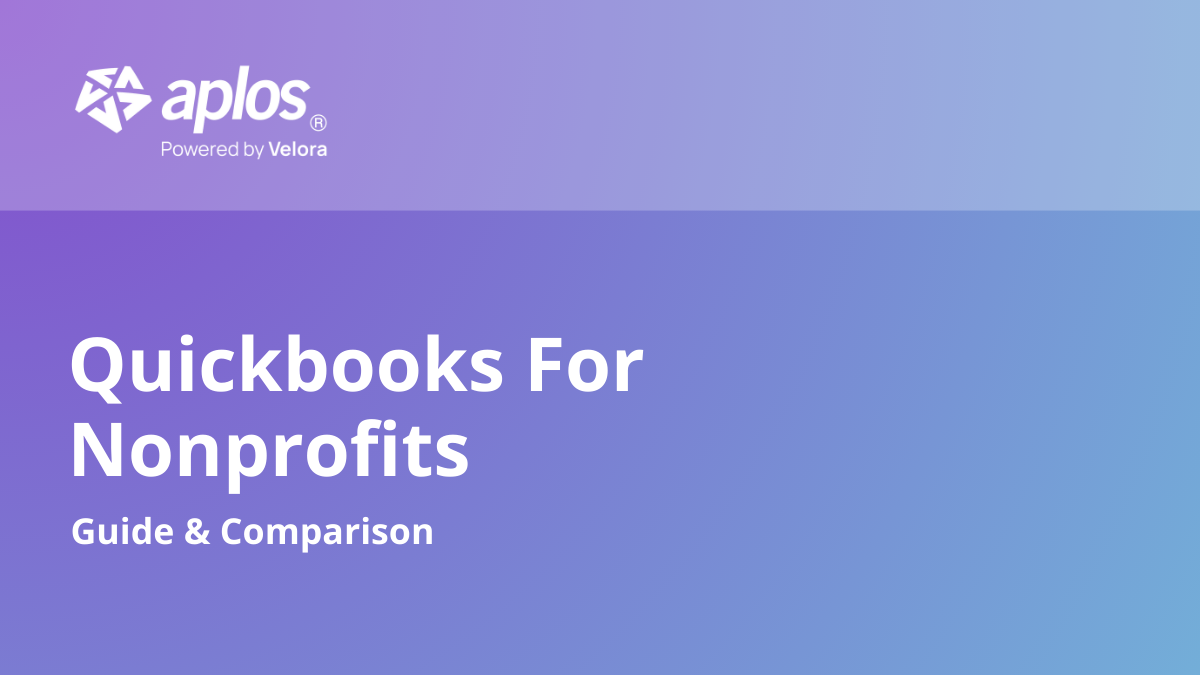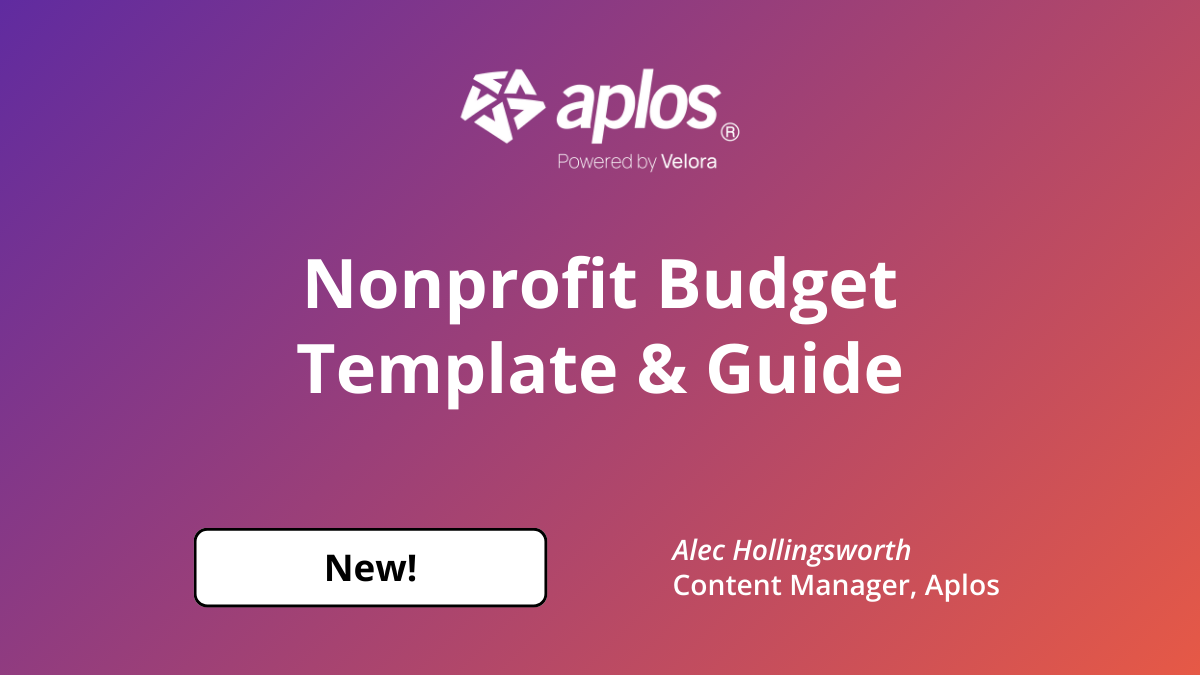
Smart Money Moves: The Complete Guide to Grant Fund Accounting

Let's dive into the nitty-gritty of managing grant funds like a pro. Whether you're new to the grant world or looking to level up your accounting game, this guide's got you covered.
Why Grant Fund Accounting Matters
Think of grant accounting as your financial GPS. It keeps you on track, helps avoid compliance potholes, and ensures your organization makes the most of every dollar. Poor grant management can lead to funding clawbacks, audit nightmares, and damaged relationships with funders.
Setting Up Your System
- Separate Bank Accounts - Create dedicated accounts for each major grant. This isn't just good practice – many funders require it. It prevents the nightmare of commingled funds and makes tracking a breeze.
- Chart of Accounts - Your chart of accounts needs careful design with grant tracking in mind. Start by establishing grant-specific expense categories that align with your funding requirements. Create corresponding revenue accounts to maintain clear tracking of incoming funds. If your grants require cost-sharing, build in specific tracking mechanisms. Finally, implement program codes that make reporting straightforward and efficient.
Day-to-Day Management
Expense Tracking
Every penny needs a paper trail. Your daily financial management should include comprehensive matching of expenses to approved budget categories, with clear documentation linking each expense to its corresponding grant. Maintain both original receipts and digital backups for security. When dealing with cost-sharing or matching funds, ensure detailed notation of their use. For indirect costs, follow your approved rate meticulously, documenting calculations and allocations.
Time Management
Staff time often makes up a big chunk of grant expenses. Your time management system should include thorough timesheet reviews on a regular schedule, with activity codes clearly denoting work on different grants. If your organization relies on volunteers, implement robust systems for tracking their hours, especially when they count toward matching requirements. Document all cost-sharing time with the same rigor as paid staff hours.
Budget Monitoring
Stay on top of your numbers with monthly spending reviews that compare actual expenses against budgeted amounts. Watch for variances that might signal problems or opportunities. Keep close tabs on matching requirements to ensure you're meeting obligations. Remember that underspending can be as problematic as overspending – it might signal implementation delays or poor planning.
Compliance Essentials
Documentation Requirements
Develop a comprehensive system that captures all essential documentation elements. This includes detailed procurement procedures, thorough bid documentation, proper contract approvals, complete program activity logs, and participant data when required by your funders. Your system should make accessing and reviewing these documents straightforward during audits or monitoring visits.
Reporting Like a Pro
Most funders want regular updates. Create reports that clearly show budget-to-actual comparisons alongside narrative explanations of any variances. Include program outcome metrics that demonstrate impact, backed by solid supporting documentation. When possible, incorporate impact stories and data that bring your numbers to life and show the real-world effect of grant funding.
Common Pitfalls to Dodge
Timing Issues
- Spending outside the grant period
- Late submission of reports
- Missing deadlines for budget modifications
Documentation Gaps
- Missing receipts
- Incomplete timesheets
- Lost approval forms
- Insufficient bid documentation
Budget Missteps
- Unauthorized budget changes
- Exceeding line-item caps
- Improper cost transfers
- Missing matching funds

Advanced Tips for Success
Internal Controls
Implement solid checks and balances:
- Separation of duties
- Regular reconciliations
- Clear approval hierarchies
- Documentation review processes
Audit Preparation
Stay audit-ready with:
- Monthly compliance checks
- Organized digital files
- Clear audit trails
- Regular internal reviews
Technology Integration
Leverage tech for better tracking:
- Cloud-based document storage
- Automated expense tracking
- Digital approval workflows
- Real-time budget monitoring
Grant accounting is evolving. Stay current with:
- New federal guidelines
- Digital reporting requirements
- Emerging software solutions
- Industry best practices
Solid grant fund accounting isn't just about keeping the auditors happy – it's about building trust with funders and maximizing your program's impact. Take the time to set up proper systems, train your team, and maintain consistent practices.
Remember: Good accounting tells your organization's story through numbers. Make it a story worth reading.
Frequently Asked Questions
Why should I separate bank accounts for different grants?
Separate bank accounts prevent commingling, simplify tracking and reporting, and are often required by funders.
What documentation do I need for grant fund accounting?
You need receipts, invoices, timesheets, procurement and bid records, contract approvals, program activity logs, and participant data, originals and digital copies.
How often should I monitor grant budgets?
You should monitor grant budgets monthly, comparing actual expenses to budget, tracking matching requirements, and analyzing variances.
What should be included in grant reports?
Your reports should include budget-to-actual comparisons, narrative variances, program outcome metrics, supporting documentation, and impact stories.
What common pitfalls should I avoid in grant fund accounting?
Avoid spending outside grant periods, late reports, missing receipts or timesheets, unauthorized budget changes, improper cost transfers, and missing matching funds.

Our comprehensive closeout services start at $399 per month that needs to be reconciled. Sign up before Jan 1st and pay just $199.50 per month!
Copyright © 2025 Aplos Software, LLC. All rights reserved.
Aplos partners with Stripe Payments Company for money transmission services and account services with funds held at Fifth Third Bank N.A., Member FDIC.
Copyright © 2024 Aplos Software, LLC. All rights reserved.
Aplos partners with Stripe Payments Company for money transmission services and account services with funds held at Fifth Third Bank N.A., Member FDIC.



.png)



